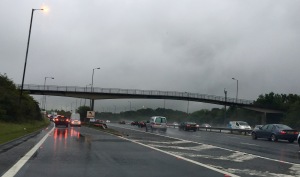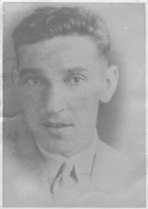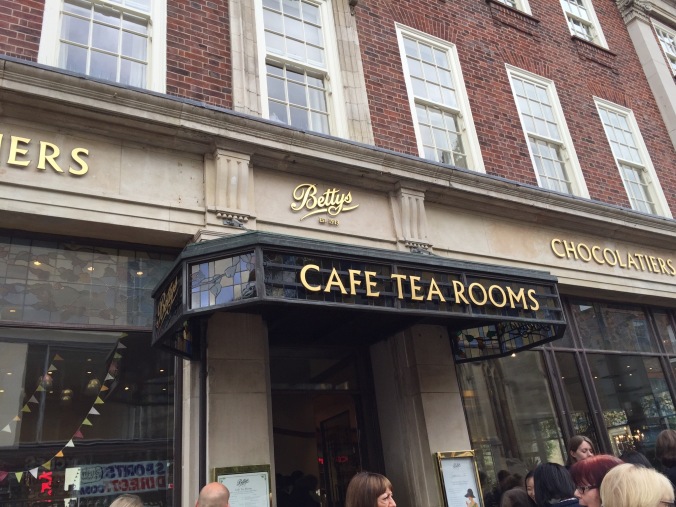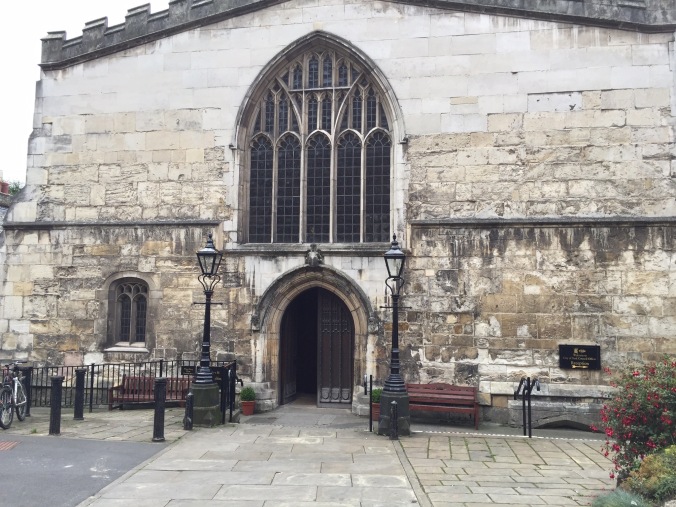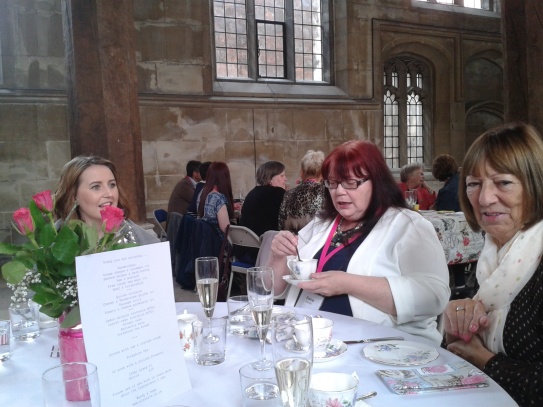Francesca and Elaine discuss how inspired they are when they listen to music.
Francesca: Over the years I have found songs useful not only for sparking fiction ideas, but for finding titles for short stories I’ve already written.
Some of these stories are still in idea form in my ‘Cooking’ notebook. Others have been written but not polished enough to send out, for instance This Old House, about someone visiting what used to be their home. The Night Has a Thousand Eyes was just the right title for a story about someone wishing on a star for the perfect love when he was right in front of her. When Will I See You Again was number 1 the day many of my friends left school and always reminds me of that time. It inspired a story about meeting someone again many years after, you guessed it, leaving school.
For the story of a Valentine’s dinner that burst into flames (based on a true incident in my life) I Don’t Want to Set the World on Fire was the perfect title. As Tears Go By, is about a girl missing her… but if I tell you that and it’s published, I’ll give the twist away.
Among the stories I have had published, Memories Are Made of This (Sweden’s Allas and India’s Woman’s Era) seemed an apt title for the tale of a hoarding grandmother. Goat’s Head Soup (The Weekly News), is about an unusual dinner party. Waiting on a Friend (Woman’s Weekly) is about an old man about to meet a good mate he hasn’t seen in many years.
Three of my all time favourite songs/tunes, Summertime (from Porgy and Bess), Stranger on the Shore and Sleepwalk, have, oddly, never engendered any story ideas for me. I think perhaps only the middle one would make a good story title. All three do remind me of long, hot summers as a child and are therefore useful for mood creation – but that’s a different topic altogether.
It’s time I tidied up some of those unpolished stories and got them out there.
Elaine: One of my favourite pastimes is listening to music.
Music can set the mood, time and era in your writing. This is something I have included in my novels, however I do believe there is a copyright issue, depending on how much of a song or title you use.
For me, song writing is the ultimate short story and the titles are often used for these. The lyrics of songs have been known to reduce me to tears on more than one occasion. Music is linked to events in my life, the obvious one is a wedding day, but it can also send me back in time, and suddenly I’m reliving my youth, even if it’s only for three minutes. Therefore, it is logical to link music to situations.
I can’t say I have ever listened to a piece of music and been inspired to write something, which is strange in itself, as I know other authors have.
When I write a short story, it tends to stem from a situation, but as I’ve said, music sparks situations in your mind, so therefore, I will set myself a challenge to pick a song and be inspired to write a story. Am I alone in this? Let me know your thoughts.
If you’re struggling for inspiration, why not trawl through an old copy of a hit singles book or the internet for song titles/themes? This site has the top 100 UK hits for all the decades from the 1950s till now: http://www.uk-charts.top-source.info/uk-chart-history.shtml






